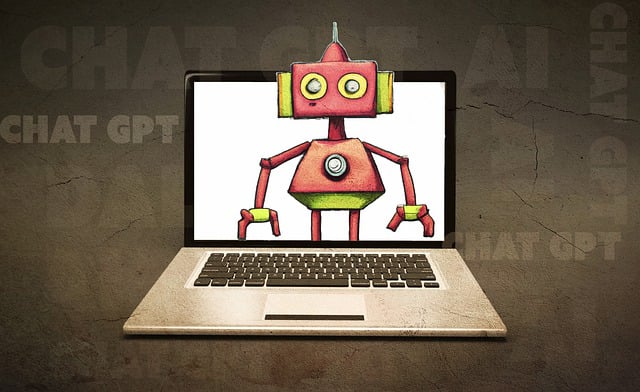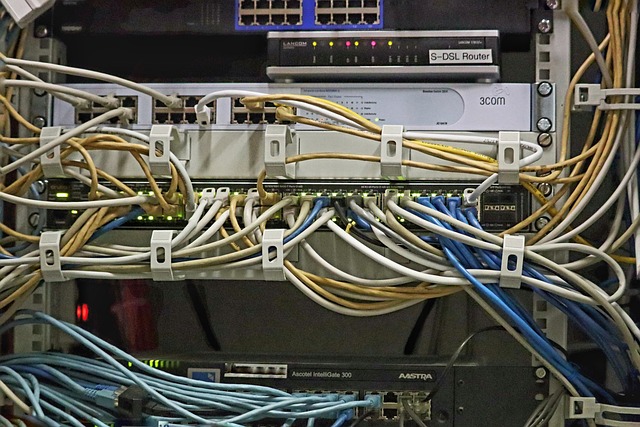# AI Technology’s Role in Shaping Sustainable Solutions for a Better Future and Enhanced Living
In recent years, artificial intelligence (AI) has emerged as a transformative force across various sectors, fundamentally altering how we approach challenges related to sustainability and quality of life. As the world grapples with pressing issues such as climate change, resource depletion, and urban overpopulation, AI technology offers innovative solutions that not only enhance efficiency but also promote sustainable practices. This article explores the multifaceted role of AI in fostering a more sustainable future and improving the overall quality of life.
## Optimizing Resource Management
One of the most significant contributions of AI technology lies in its ability to optimize resource management. Traditional methods of resource allocation often lead to inefficiencies and wastage. However, AI algorithms can analyze vast datasets to identify patterns and predict resource needs, enabling more effective distribution and utilization. For instance, in agriculture, AI-driven tools can assess soil health, weather conditions, and crop growth patterns, allowing farmers to make informed decisions about irrigation, fertilization, and pest control. By minimizing resource use while maximizing yield, AI not only supports food security but also reduces the environmental impact of farming.
Furthermore, the energy sector is witnessing a similar transformation. Smart grids powered by AI can predict energy consumption patterns and adjust supply accordingly, ensuring that renewable energy sources are utilized optimally. This technology facilitates the integration of solar and wind energy into the grid, reducing reliance on fossil fuels and contributing to a significant decrease in greenhouse gas emissions. As cities become smarter, AI-driven systems will play a crucial role in managing energy consumption in buildings, further promoting sustainability.
## Enhancing Urban Planning and Mobility
Cities around the globe are expanding at an unprecedented rate, leading to challenges such as traffic congestion, pollution, and inadequate infrastructure. AI technology is poised to address these urban issues by enhancing planning and mobility solutions. Through data analytics, AI can provide insights into urban dynamics, helping city planners design more efficient layouts and allocate resources effectively. For example, AI can analyze traffic patterns and predict peak congestion times, allowing for strategic adjustments in public transportation schedules and road usage.
Moreover, the advent of autonomous vehicles, powered by AI, promises to revolutionize urban mobility. These vehicles can optimize routes in real-time, reducing travel times and emissions. In addition, AI algorithms can facilitate ride-sharing services, minimizing the number of cars on the road and promoting a more sustainable transportation model. As urban areas adopt these technologies, the overall quality of life for residents is likely to improve, with reduced commute times and cleaner air.
## Promoting Circular Economy Practices
Transitioning to a circular economy is essential for achieving sustainability, and AI technology plays a pivotal role in facilitating this shift. Unlike the traditional linear economy, which follows a “take-make-dispose” model, a circular economy emphasizes the continual use of resources by recycling, reusing, and refurbishing materials. AI can streamline these processes by enhancing material recovery and waste management systems.
For instance, AI-driven sorting technologies can efficiently separate recyclable materials from waste streams, increasing recycling rates and reducing landfill reliance. Machine learning algorithms can also predict product lifecycles, enabling companies to design products that are easier to repair or recycle. By fostering a culture of reuse and recycling, AI not only minimizes environmental impact but also creates economic opportunities within communities.
Interestingly, businesses are beginning to recognize the value of integrating AI into their sustainability strategies. Companies that leverage AI to analyze their supply chains can identify inefficiencies and implement sustainable practices, such as sourcing materials locally or reducing carbon footprints. This not only benefits the environment but also enhances brand reputation and customer loyalty, as consumers increasingly prioritize sustainability in their purchasing decisions.
## Conclusion: A Collaborative Future for AI and Sustainability
As we look toward the future, it is clear that AI technology will play an integral role in shaping sustainable solutions and enhancing living standards. By optimizing resource management, improving urban planning, and promoting circular economy practices, AI has the potential to address some of the most pressing challenges of our time. However, realizing this potential requires collaboration among governments, businesses, and communities to ensure that AI is deployed ethically and effectively.
In addition, fostering public awareness and understanding of AI’s capabilities is essential for encouraging widespread adoption of these technologies. As stakeholders work together to harness the power of AI for sustainability, we can pave the way for a better future—one that not only meets the needs of the present but also preserves the planet for generations to come. Embracing AI as a partner in this journey will ultimately lead to enhanced living conditions and a more sustainable world, where technology and nature coexist harmoniously.











